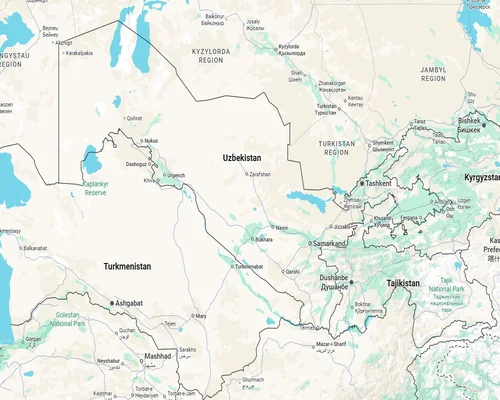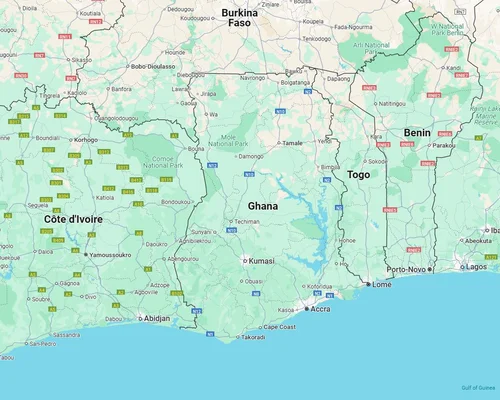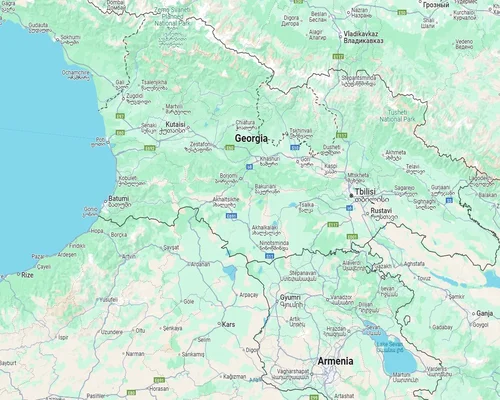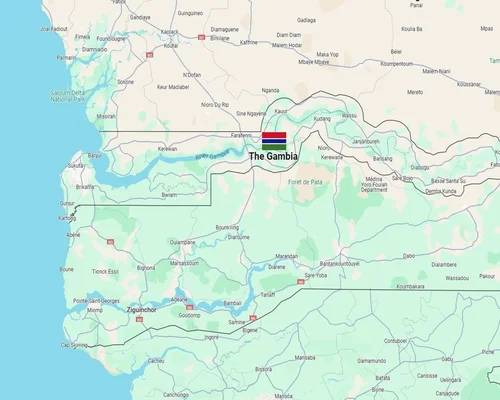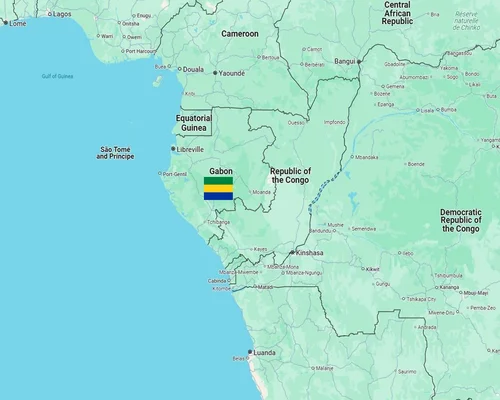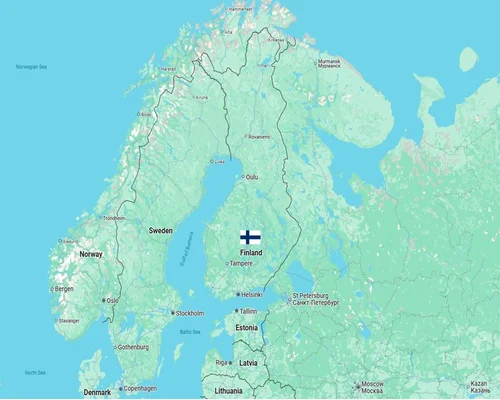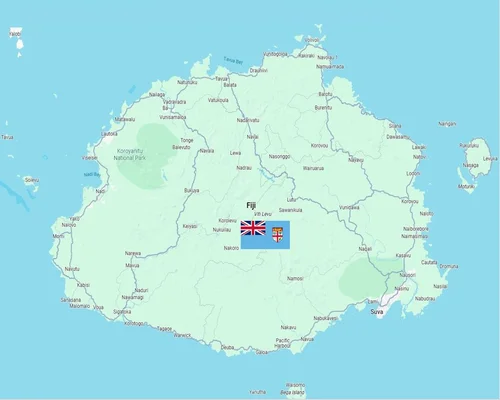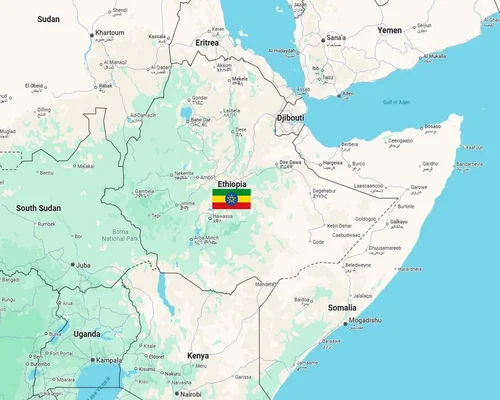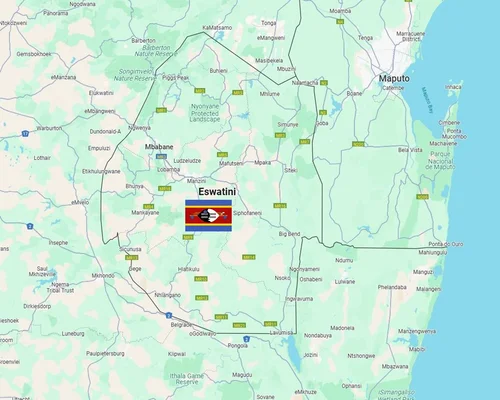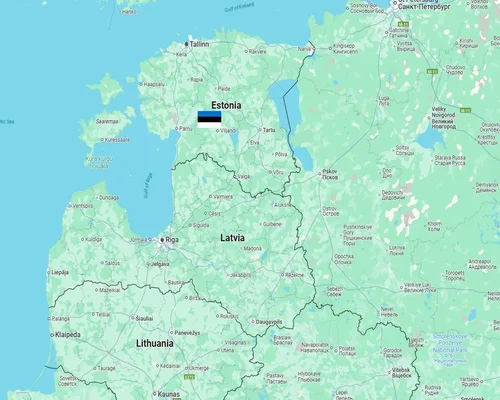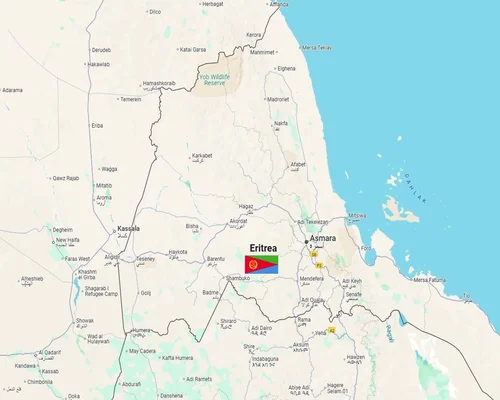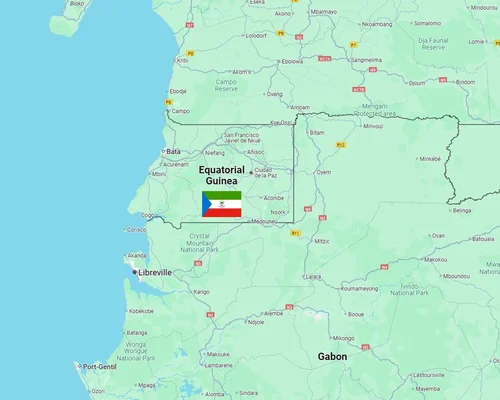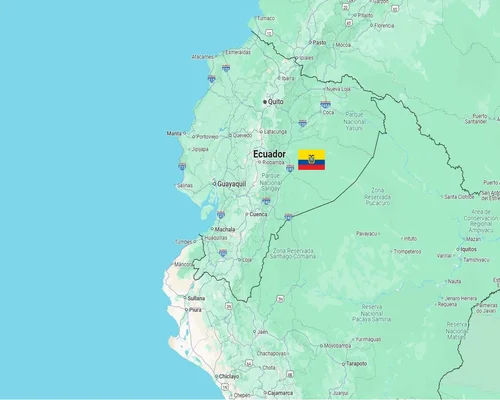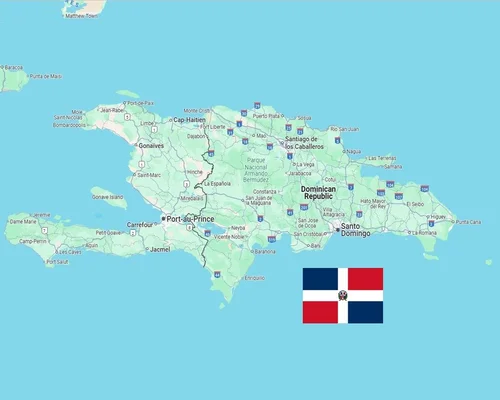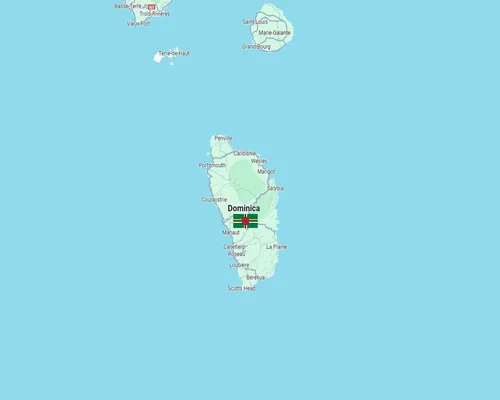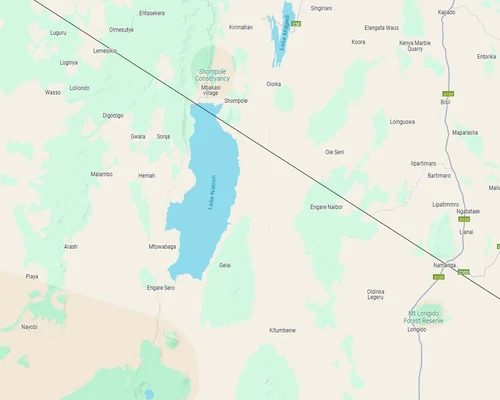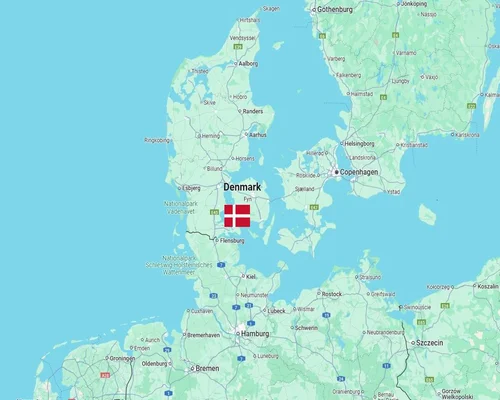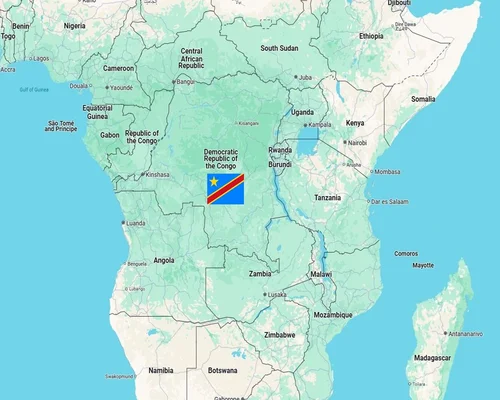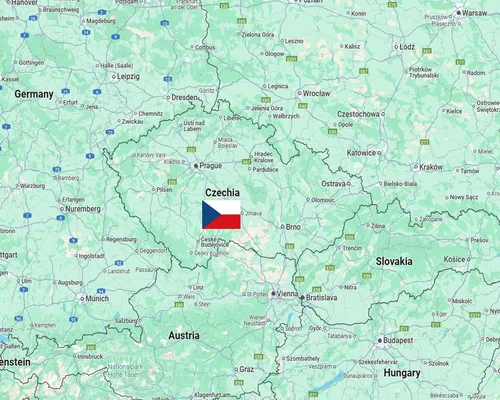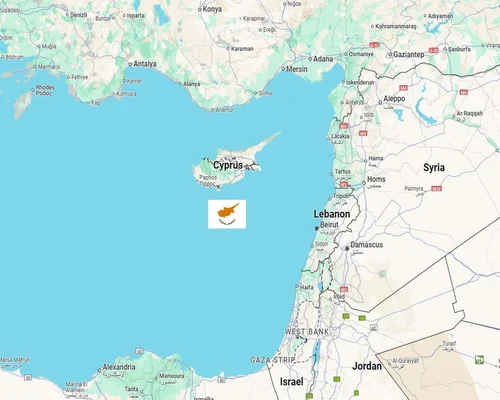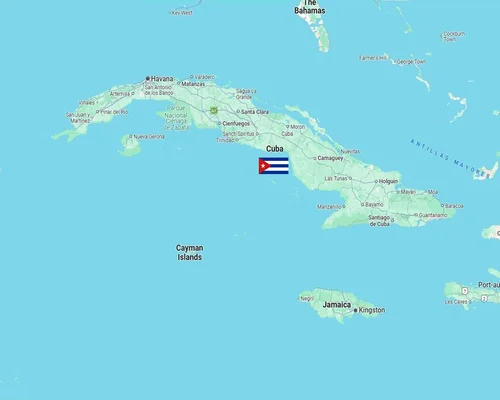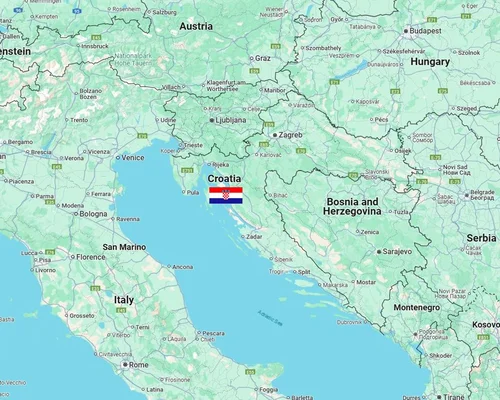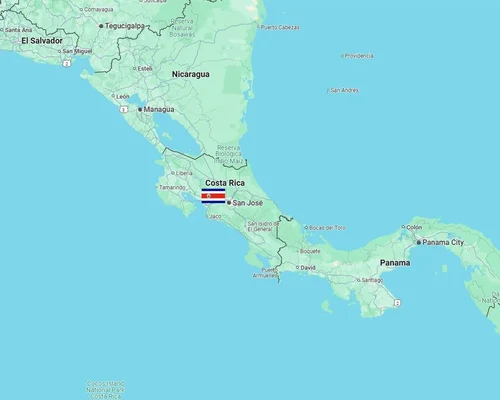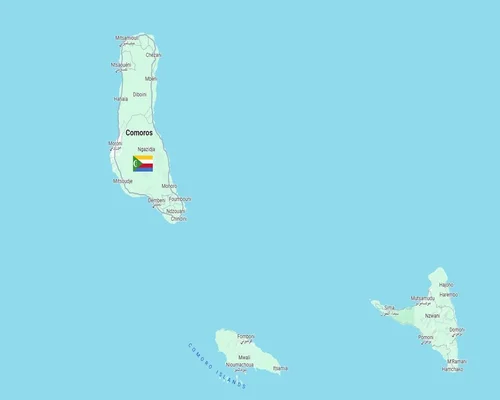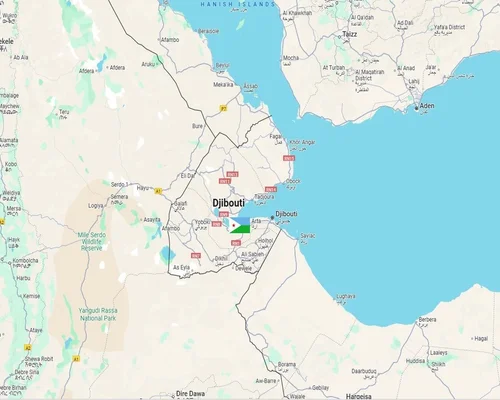
Djibouti Country Facts
Djibouti Country Facts
Djibouti is a small but important country in East Africa, famous for its geographical location, port, and military importance. It plays an important role in connecting Africa and the Middle East.
General Information:
Capital and largest city:Djibouti City.
Location:
Located in the eastern part of Africa, in the Horn of Africa region.
Neighboring countries: Eritrea (north), Ethiopia (west and south), and Somalia (southeast).
To the east are the Red Sea and the Gulf of Aden.
Area:
23,200 square kilometers.
Population:
Approximately 1 million (2024 data).
Government:
Unitary presidential republic.
The president is the head of state.
Languages:
Arabic and French (official languages).
Local languages: Somali and Afar.
Currency:
Djibouti franc (DJF).
History:
Ancient times:The region was dominated by the Azule Empire and Arab traders.
It was an important trading center.
Colonial times:
France occupied the region in 1884 and named it French Somaliland.
Independence:
Djibouti gained independence on June 27, 1977.
After independence, it is known as one of the smallest countries in Africa.
Economy:
Ports and transportation:Djibouti economy is mainly dependent on its seaport and transportation services.
It serves as the main port for Ethiopia.
Military bases:
There are military bases of various countries, such as the United States, China, and France.
The country receives significant income from these bases.
Tourism:
Tourism is gradually increasing due to Lake Assal and other natural beauties.
Main industries:
Shipping, trade, and finance.
Geography and natural features:
Main terrain:It is made up of desert and mountainous areas.
Special places:
Lake Assal: Located 155 meters below sea level, it is the third lowest place in the world.
Lake Abbe: Known for its strange formations and volcanic influence.
Weather:
Hot and dry desert climate.
Culture and traditions:
Religion:The majority of the population is Muslim (94%), and Islam plays an important role in the country cultural life.
Food:
Djibouti cuisine has Arab, Somali, and French influences.
Popular dishes: Injera, marrakech (meat stew), and chai (tea).
Festivals:
Islamic festivals such as Eid and Independence Day are popular.
Clothing:
Traditional clothing reflects Somali and Afar cultural influences.
Special Features:
Geographical Importance:It is an important sea route due to its location between the Red Sea and the Gulf of Aden.
Navy and Security:
Djibouti role in preventing piracy and protecting international trade is significant.
Ethnic Diversity:
Major ethnic groups: Somali and Afar.
Environment and Biodiversity:
Djibouti has a desert environment and rare flora and fauna.
Conclusion:
Despite its small size, Djibouti plays an important role in world politics due to its geographical location, military bases, and seaports. Its natural features and cultural heritage also attract travelers.

